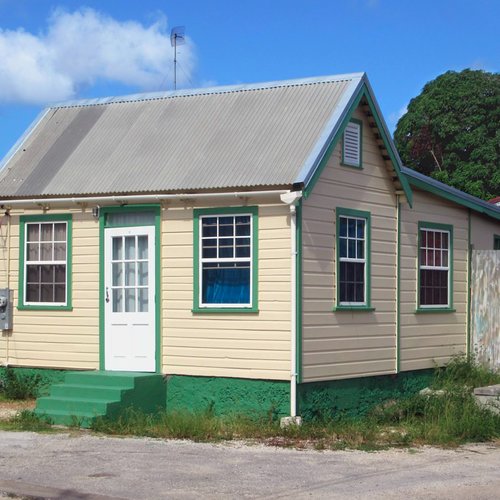Mortgage and Divorce
Hanafi Fiqh
Answered by Shaykh Salman Younas
Question: Assalam aleykum
My ex husband and I put money together to buy a house. We did a mortgage and had to put each a down-payment. We bought a house then he made the payments for the monthly mortgage.I took care of all the bills for the house including feeding. Now we are divorcing and I would like to know what is the fair way to deal with the house.
Answer: In the Name of Allah, Most Merciful and Compassionate
assalamu alaykum
This is a difficult question for which I currently do not have a conclusive legal answer.
However, even in the absence of a clear shariah legal position regarding the division of assets in such cases, what I would advise you and your ex-husband is to reach an amicable and fair settlement (sulh). This should take into account both of your contributions – whether financial or otherwise – to your home, its purchase, and maintenance.
Engaging in an amicable settlement in cases of dispute is praised by Allah who says, “If a woman fears ill treatment or aversion from her husband, then, there is no sin on them in entering into an amicable settlement between themselves. Settlement is better. Although human souls are prone to selfishness, if you do good and are mindful of God, He is well aware of all that you do.” (Qur’an, 4:128)
This is the recommended way forward when it comes to matters of dispute. It may require involving people who have legal expertise and can fairly adjudicate the matter, but it should be the first step one takes in such situations.
[Shaykh] Salman Younas
Checked and approved by Shaykh Faraz Rabbani
Shaykh Salman Younas graduated from Stony Brook University with a degree in Political Science and Religious Studies. After studying the Islamic sciences online and with local scholars in New York, Ustadh Salman moved to Amman where he spent five years studying Islamic law, legal methodology, belief, hadith methodology, logic, Arabic, and tafsir. He is currently a PhD candidate at the University of Oxford and continues his traditional studies with scholars in the United Kingdom.
